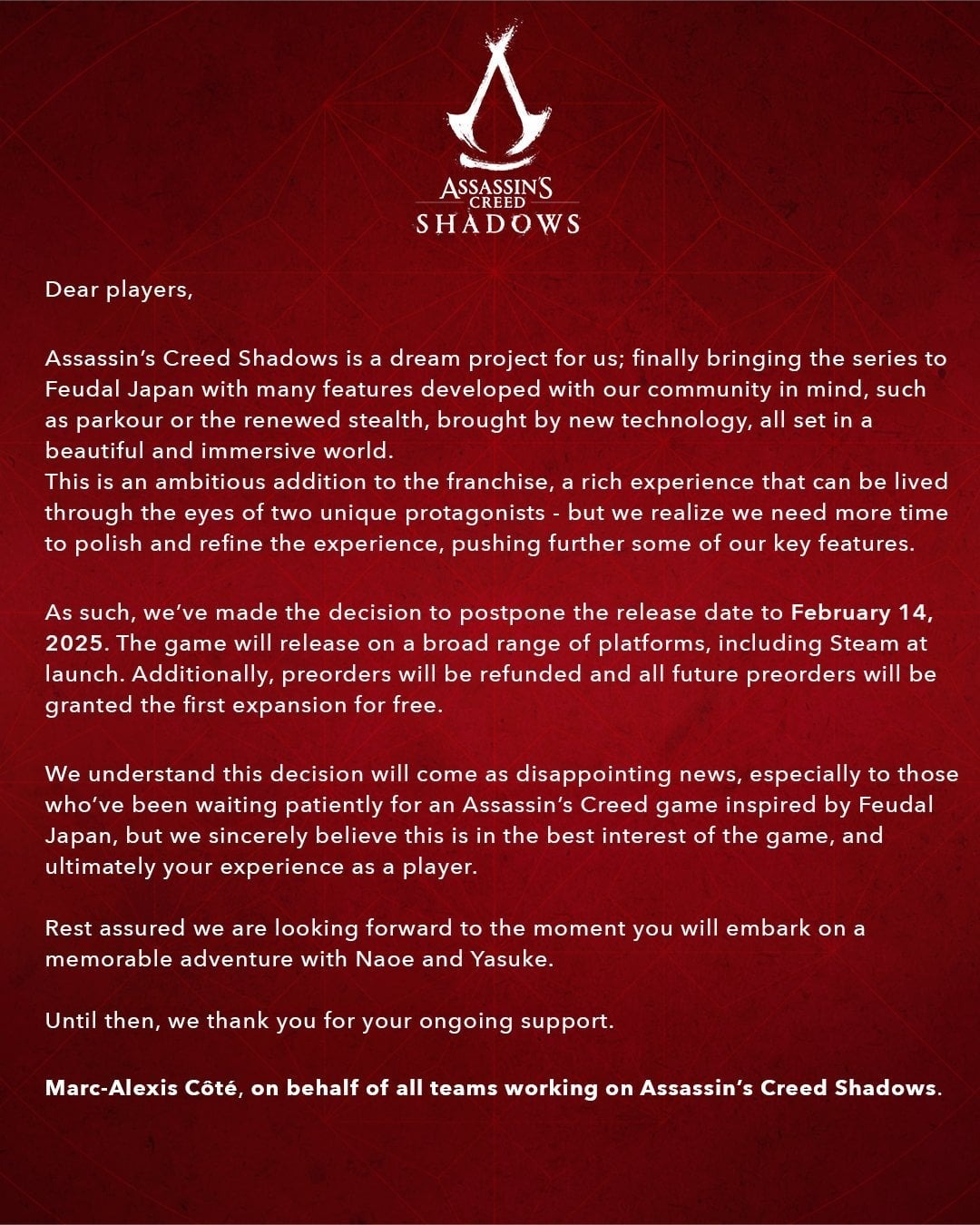- Games are poorly optimized and rely heavily on upscaling such as DLSS or FSR, which does more harm than good.
- Poor game launches are common, and game devs are relying more on post-launch patches, which leave players frustrated.
- To improve, game devs should prioritize performance, test games on diverse hardware, and take their time to launch games.
There was a time when you could play newly released games and get over 60 FPS, even on your old graphic cards. For instance, Doom Eternal is so well optimised that it put Doom 2016 to shame. People could play it even with their 2GB GPU.
But in today’s day and age, even at the lowest of the settings and highest of the hardware, you still struggle to run games smoothly. Why is that, who’s to blame and are we ever gonna get that level of optimization back?
The Current State Of Games Sucks
Modern gaming is knee-deep with optimization issues. Instead of focusing on proper coding and resource management, most developers are choosing the route of relying on shortcuts.
Reliance On Upscaling
One of these shortcuts consists of big companies relying on AI upscaling, like DLSS and FSR. While AI-upscaling is beneficial for budget gaming PC in the modern era, more problems come with this approach. First, let’s see how AI upscaling works.
DLSS 4, for instance, take two frames and guesses what the middle frame would look like. While it would boost FPS, the image quality deteriorates. This is why people see weird shadows, blurry trails, flickering, or absence of atmospheric items.
In games like Red Dead Redemption 2, players experience a lack of rain because the AI couldn’t depict what the next frame should be like. AI has its limitations, at least for now, and it shows.
However, not all hope is lost yet. Unlike many other game devs, the developers of Kingdom Come: Deliverance 2 think that properly optimizing games is far better than relying on upscaling to compensate for poor performance.
Unfinished Game At Launch
Apart from relying heavily on upscaling, we’re seeing a trend of devs releasing a game and leaving the optimization for later. These poor games launch leave fans unsatisfied and even resentful towards the game, which reflects in their reviews.
This was the case for Cyberpunk 2077, which has one of the worst buggy launches in games history. Its extremely poor optimization had left even the most expensive GPUs with below 60 FPS.
The thing is, these developers have tight deadlines, and they’re rushing through the game just to release it. Of course, the game will turn out to be poorly optimized. Although not all games are poorly
Bloated Game Files
Another key factor which leaves people frustrated is the huge game file size. Some games exceed 150 GB because of bloated assets and poor compression techniques. However, GTA V gets a pass because it is well optimized for size.
Game Engines
Most games in this era are pushing for Unreal Engine 5, which, while technologically advanced, has faced challenges, particularly with features like Lumen and Nanite, which lead to many performance issues.
CD Projekt Red have shifted to Unreal Engine 5 for their upcoming Witcher 4; EA is shifting to this engine for their next Battlefield game, abandoning the Frostbite engine. Even Halo have ditched their engine to switch to UE5.
Improvements
Despite all of this, there are some improvements which could make future games well optimized and timeless for years to come. Game devs should consider these things; it’ll be a win-win situation.
Prioritze Performance & Test On Variety Of Hardware
Instead of pushing for having intensive graphics, game developers should focus on optimizing the game for its performance from the very early stages. Additionally, they shouldn’t just test games on the latest hardware only.
Games should be tested on mid-range and slightly older systems to ensure most players get the best out of it. In return, they’ll get more money because they’ll cater to a larger audience instead of limiting themselves to the higher-end PC users only.
Game Engines & Upscaling
While using engines like Unreal Engine 5 and Unity could be handy, huge devs should make their own engines to run their games. If they can’t, they should at least optimise these games just like Sony optimized Days Gone by fixing Unreal Engine 4.
While AI upscaling is a tool to aid in performance, it shouldn’t be relied on fully. Instead, they should make games that perform the best and use upscaling only as a tool that would complement the game itself.
Delay Launches
This might sound controversial, but game devs should, by all means, delay launches. If it means that we’ll get better games right from the release, delaying is better than buggy releases.

Assassin’s Creed: Shadow has been delayed recently because devs wanted to polish the parkour mechanics. Even though it might seem frustrating, it is a commendable approach if it means that the game will turn out to be great.
Thank you! Please share your positive feedback. 🔋
How could we improve this post? Please Help us. 😔
[Wiki Editor]
Ali Rashid Khan is an avid gamer, hardware enthusiast, photographer, and devoted litterateur with a period of experience spanning more than 14 years. Sporting a specialization with regards to the latest tech in flagship phones, gaming laptops, and top-of-the-line PCs, Ali is known for consistently presenting the most detailed objective perspective on all types of gaming products, ranging from the Best Motherboards, CPU Coolers, RAM kits, GPUs, and PSUs amongst numerous other peripherals. When he’s not busy writing, you’ll find Ali meddling with mechanical keyboards, indulging in vehicular racing, or professionally competing worldwide with fellow mind-sport athletes in Scrabble. Currently speaking, Ali’s about to complete his Bachelor’s in Business Administration from Bahria University Karachi Campus.
Get In Touch: alirashid@tech4gamers.com




